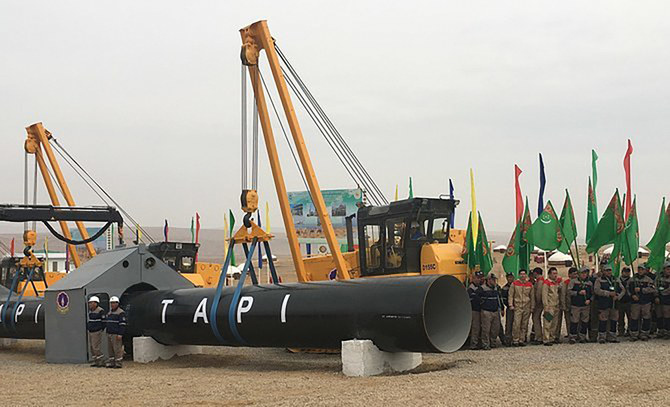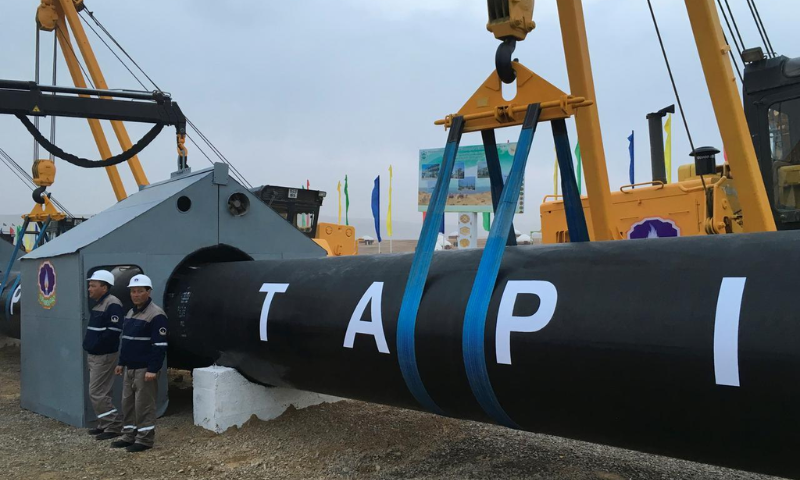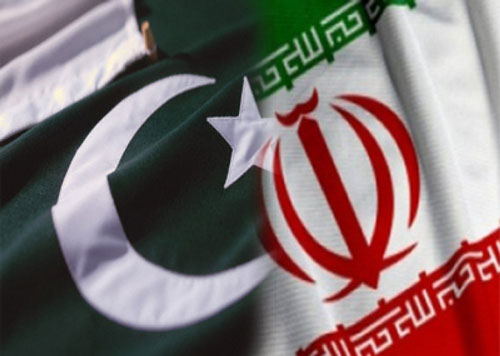Source: S&P Global

Pakistan, one of four partners in the Turkmenistan-Afghanistan-Pakistan-India natural gas pipeline project, is expected to get final approvals by the end of the second quarter of 2024 to clear the way for construction to begin, according to sources with knowledge of the project in Pakistan.
The TAPI pipeline will supply Pakistan with 1.3 Bcf/d of gas, filling a need for supplies for the country’s expanding population and economic growth. The Inter State Gas Systems, which is responsible for overseeing the import of natural gas into the country, is Pakistan’s lead partner in the project. Efforts to reach the TAPI office in Dubai were unsuccessful.
TAPI is expected to transport 33 Bcm (3.2 Bcf/d) of gas from the Galkynysh gas field in Turkmenistan through Herat and Kandahar in Afghanistan, Chaman, Zhob, DG Khan and Multan in Pakistan and to the end at Fazilka on the India-Pakistan border. Turkmenistan is seeking investment in its energy infrastructure to find new export markets for its gas reserves, among the largest in the world. Muhammetmyrat Amanov, chairman of the TAPI Pipeline Co., and Myrat Archayev, deputy chairman of Turkmengas, are scheduled to speak at the Turkmen Energy Investment Forum in Paris on April 24.
Pakistan faces a growing need for gas imports as its domestic production is expected to decline until 2032, according to a November report by S&P Global Commodity Insights. In 2023, domestic gas production was 3.22 Bcf/d and demand was on average 4.1 Bcf/d, typically reaching peaks during winter. To overcome a supply shortfall, Pakistan has inked spot LNG cargoes from the State Oil Co. of Azerbaijan to meet some of the demand. Economic growth is recovering now after massive floods in 2023 and a growing population of more than 240 million people.
The estimated 1,680-km (1,045-mile) long pipeline would be placed in Afghanistan and Pakistan and terminate at India’s border, with a focus to avoid populated areas and assure security of the works. Turkmenistan has been trying to develop new export markets through pipelines due to it being a land-locked country and unable to export LNG as followed by Qatar, the US and Australia.




